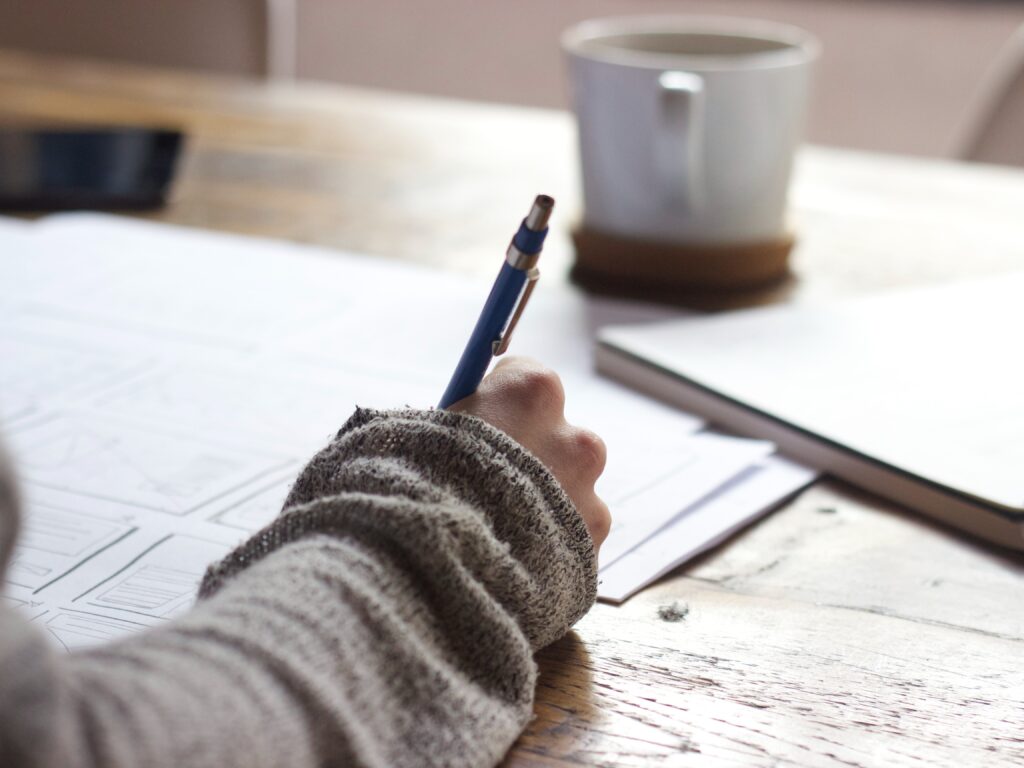In his bestselling book, Why We Sleep, Dr Matthew Walker, a professor of neuroscience and psychology at the University of California, Berkeley, writes: “There is a 40 per cent deficit in the ability of the sleep deprived brain to cram new facts.” One of the best changes that students can make to positively impact their grades is to go to bed earlier! Teenagers need between 8-10 hours of sleep every night, and this is only slightly lower for young adults (7-9 hours).
Poor sleep is linked to weaker immune system, slower reaction times, cognitive impairment, lower average grades and increased risk of academic failure! On the other hand, good sleep improves: memory and retention, ability to manage stress, concentration, decision making, mood, immune system, physical health and mental health.
Tips for good sleep:
• Keep bed and wake time the same every day – even at weekends.
• Keep the bedroom cool but not cold
• Avoid caffeine after lunchtime
• Avoid long naps during the day
• Avoid eating food in the two hours before bedtime
• Exercise more (but not too close to bedtime)
• Have a relaxing evening
• Avoid screens such as phones and tablets in the hour before bedtime.




